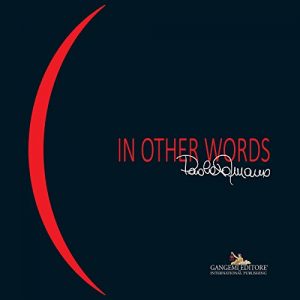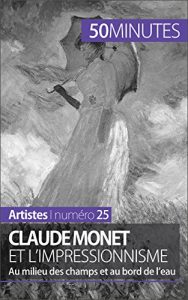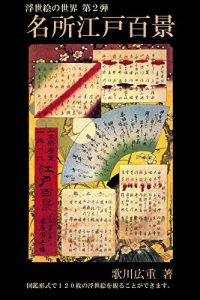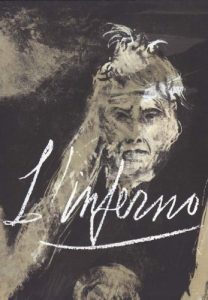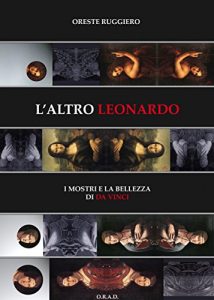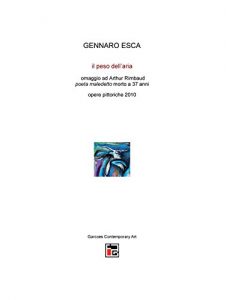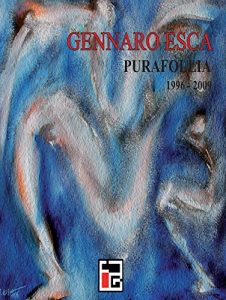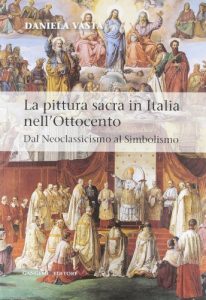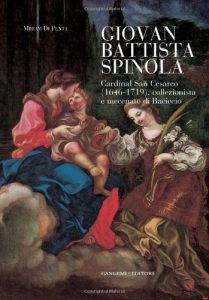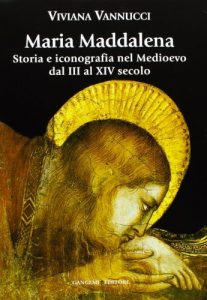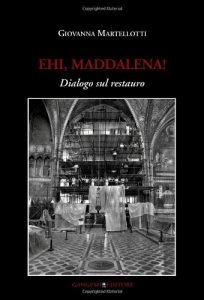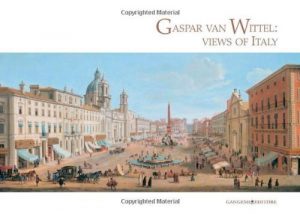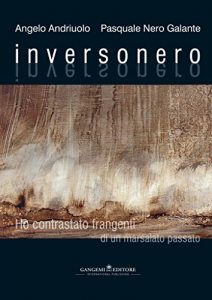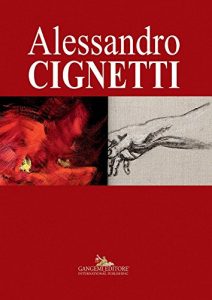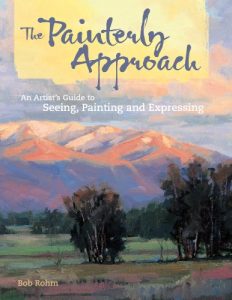I 99eBooks è una directory di eBook. Cerchiamo e classificato intorno alle eBooks Web per te!
Tutti i diritti riservati. I libri e libri elettronici sono di proprietà dei rispettivi proprietari.
Paola Romano. In other words: La spiritualità del segno
Catalogo della mostra presso l'Istituto Portoghese di Sant’Antonio in Roma 7 – 29 novembre 2015
Della personalità artistica di Paola Romano va innanzitutto evidenziata […]la particolare propensione a una declinazione del fare che trova il suo senso nell’esperienza stessa del suo prodursi e, parimenti, nelle tracce residuali del suo manifestarsi, le opere. Il suo è un approccio che si impone non già come momento conseguente a una riflessione teorica, bensì come necessità sperimentale tendente al raggiungimento di un risultato estetico sostanzialmente imprevedibile perché svincolato da qualsivoglia progetto. In altri termini il suo fare altro non è che l’atto rivelatore che testimonia in modo nitido quell’indomabile istinto creativo che l’ha condotta a sperimentare nel corso degli anni tecniche e linguaggi diversi. Tuttavia questa prassi all’insegna della libertà più assoluta, che prescinde da progetti e precetti, non manca di un momento in cui questa sorta di virtuosa inerzia del fare cede il passo alla valutazione, all’osservazione e al giudizio di quanto realizzato.
Andrea Romoli Barberini
The artistic personality of Paola Romano is highlighted, first of all […] by the particular inclination to a declination of doing that finds its meaning in the experience of its making and equally in the residual trails of its manifestation, the works. Hers is an approach that doesn’t impose itself already as a moment following a theoretical reflection, but as an experimental necessity which tends to the achievement of an aesthetic result essentially unpredictable because released from any project. In other words her doing is nothing but the revealing act that testifies in a perfect way that indomitable creative instinct that led to experience over the years, different techniques and languages. However this practice in the name of absolute freedom, which disregards projects and precepts, doesn’t lack a moment in which this kind of virtuous inertia of doing gives way to evaluation, observation and judgment of what has been achieved. This is a grim situation and it might often leads to the zeroing, cancellation and destruction of the object: if it is true that everything can contribute to the realization of the work, it is also true that not everything can reach that dignity, Ms Romano seems to show.
Andrea Romoli Barberini
Della personalità artistica di Paola Romano va innanzitutto evidenziata […]la particolare propensione a una declinazione del fare che trova il suo senso nell’esperienza stessa del suo prodursi e, parimenti, nelle tracce residuali del suo manifestarsi, le opere. Il suo è un approccio che si impone non già come momento conseguente a una riflessione teorica, bensì come necessità sperimentale tendente al raggiungimento di un risultato estetico sostanzialmente imprevedibile perché svincolato da qualsivoglia progetto. In altri termini il suo fare altro non è che l’atto rivelatore che testimonia in modo nitido quell’indomabile istinto creativo che l’ha condotta a sperimentare nel corso degli anni tecniche e linguaggi diversi. Tuttavia questa prassi all’insegna della libertà più assoluta, che prescinde da progetti e precetti, non manca di un momento in cui questa sorta di virtuosa inerzia del fare cede il passo alla valutazione, all’osservazione e al giudizio di quanto realizzato.
Andrea Romoli Barberini
The artistic personality of Paola Romano is highlighted, first of all […] by the particular inclination to a declination of doing that finds its meaning in the experience of its making and equally in the residual trails of its manifestation, the works. Hers is an approach that doesn’t impose itself already as a moment following a theoretical reflection, but as an experimental necessity which tends to the achievement of an aesthetic result essentially unpredictable because released from any project. In other words her doing is nothing but the revealing act that testifies in a perfect way that indomitable creative instinct that led to experience over the years, different techniques and languages. However this practice in the name of absolute freedom, which disregards projects and precepts, doesn’t lack a moment in which this kind of virtuous inertia of doing gives way to evaluation, observation and judgment of what has been achieved. This is a grim situation and it might often leads to the zeroing, cancellation and destruction of the object: if it is true that everything can contribute to the realization of the work, it is also true that not everything can reach that dignity, Ms Romano seems to show.
Andrea Romoli Barberini
